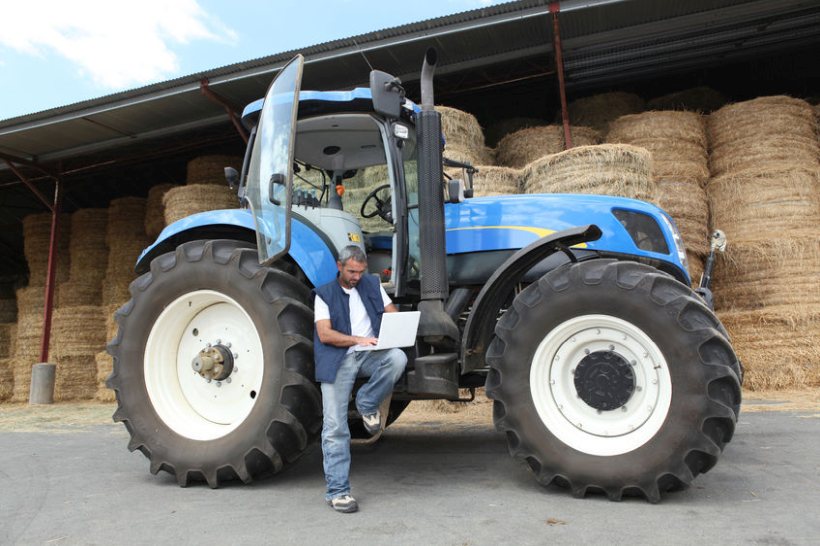
Farmers are being told to remain wary of any suspicious calls, texts or emails as BPS payments begin to enter bank accounts in just a few days time.
From 1 December, farmers across the country will start to receive Basic Payment Scheme (BPS) payments.
Information about the payments is publicly available, meaning criminals are able to directly target victims making their approaches appear more convincing.
The police have advised farmers on scam communications, which typically claim that fraud has been detected on the farmer’s bank account and that urgent action is required to safeguard funds.
The victim is then persuaded to divulge personal or financial information, or even to transfer money directly into a so-called ‘safe account’.
With some grants worth thousands of pounds, in past years fraudsters have stolen significant amounts of money from their victims.
Paul Callard, of Dyfed-Powys Police's Financial Crime Team, told farmers to 'hang up the phone' if they received such a call.
"Instead, wait five minutes and ring your bank to alert them to the scam, using a phone number that you trust – such as the one from the official website.”
An Action Fraud spokesperson added that if farmers received a call about payment from the government, they should take their time to 'stop and think about what was being asked'.
"It could protect you and your money," the spokesperson said, "You will never be asked by the Rural Payments Agency or a government or bank official, to reveal your bank account details or make a payment over the phone"
The Farmers Union of Wales (FUW) noted how the farming community was an 'attractive target' for fraudsters, particularly during this time of year.
"The consequences of falling into the trap could be financially sever but also cause untold stress and anxiety," FUW Montgomeryshire Officer Emyr Wyn Davies said.
"We therefore urge farmers to follow the advice given by the police and remain vigilant."
How can I avoid being scammed?
Farmers have been issued advice on how to avoid this type of scam:
• Be wary of any calls, texts or emails purporting to be from your bank, the police, or government body asking for personal details or for you to transfer money
• Be wary of cold callers who suggest you hang up the phone and call them back. Fraudsters can keep your phone line open by not putting down the receiver at their end
• Be wary of any request to check that the number showing on your phone display matches an organisation’s registered telephone number.
• You will never be asked for your 4 digit PIN or your online banking password, or for you to transfer money to a new account for “fraud reasons”.
• If you receive a suspicious call, hang up, wait five minutes to clear the line, or where possible use a different phone line, then call your bank or card issuer on their advertised number to report the fraud.
• Never disclose your four digit card PIN to anyone, including the bank or police.
• Never disclose your password or online banking codes.
• Never disclose your personal details unless you are certain you know who you are talking to. People are not always who they say they are.
